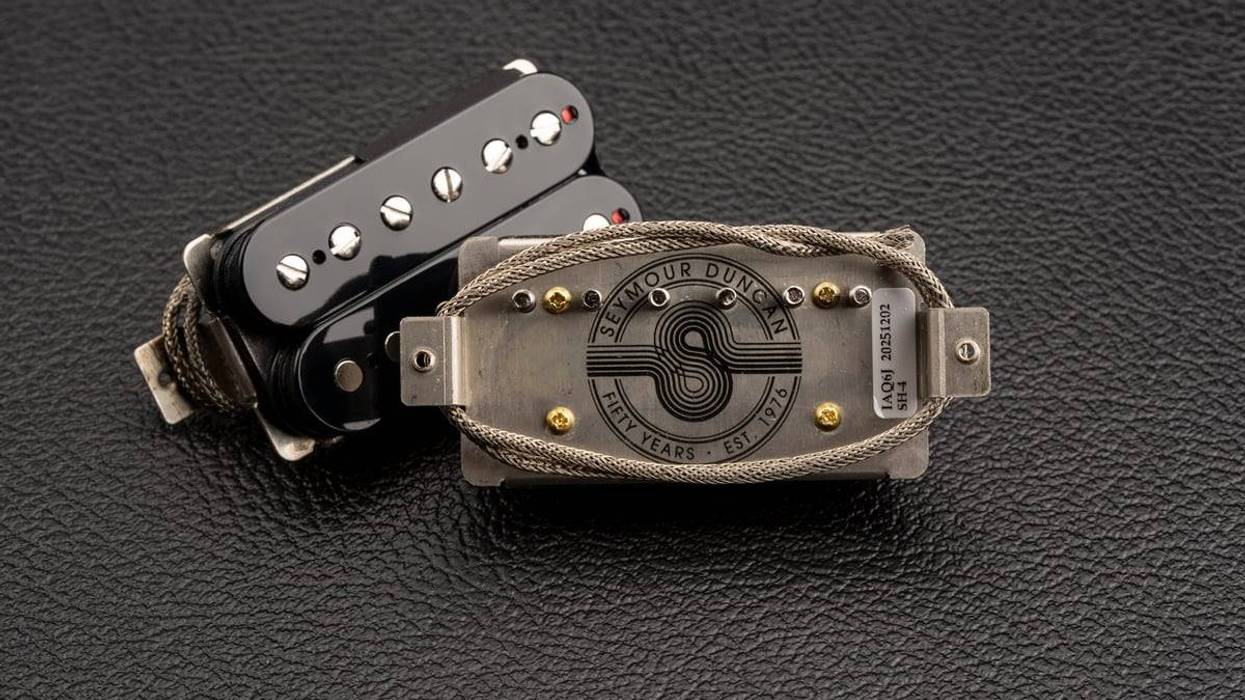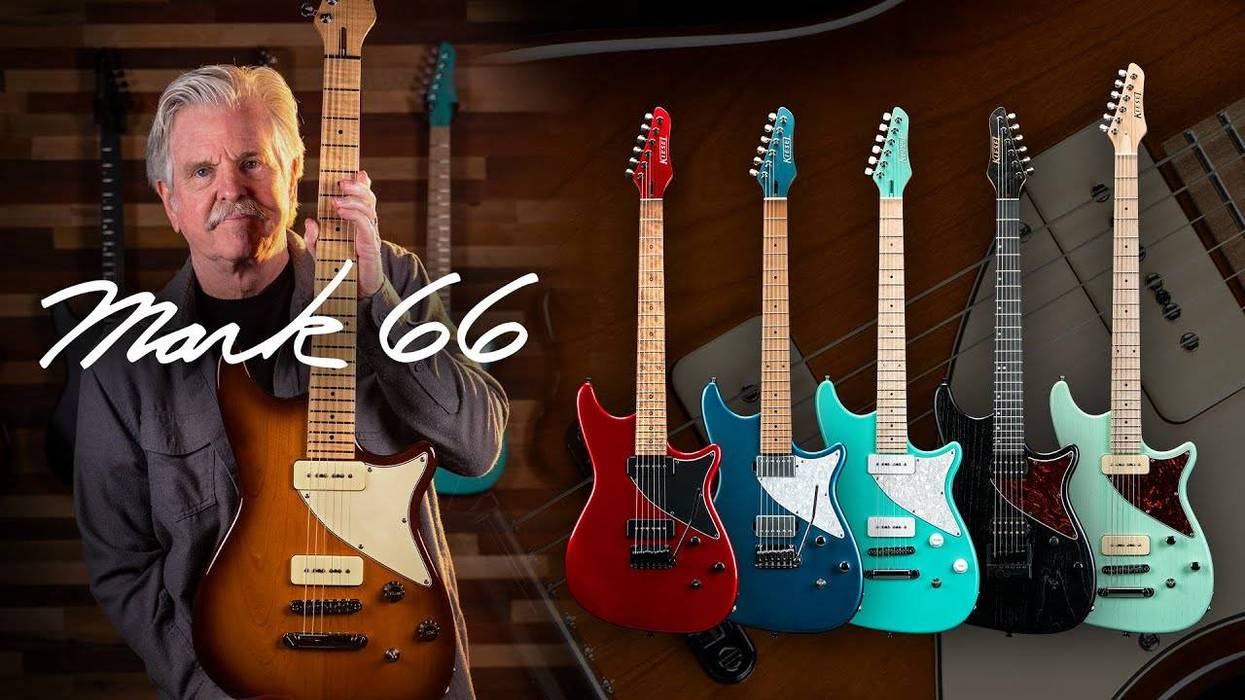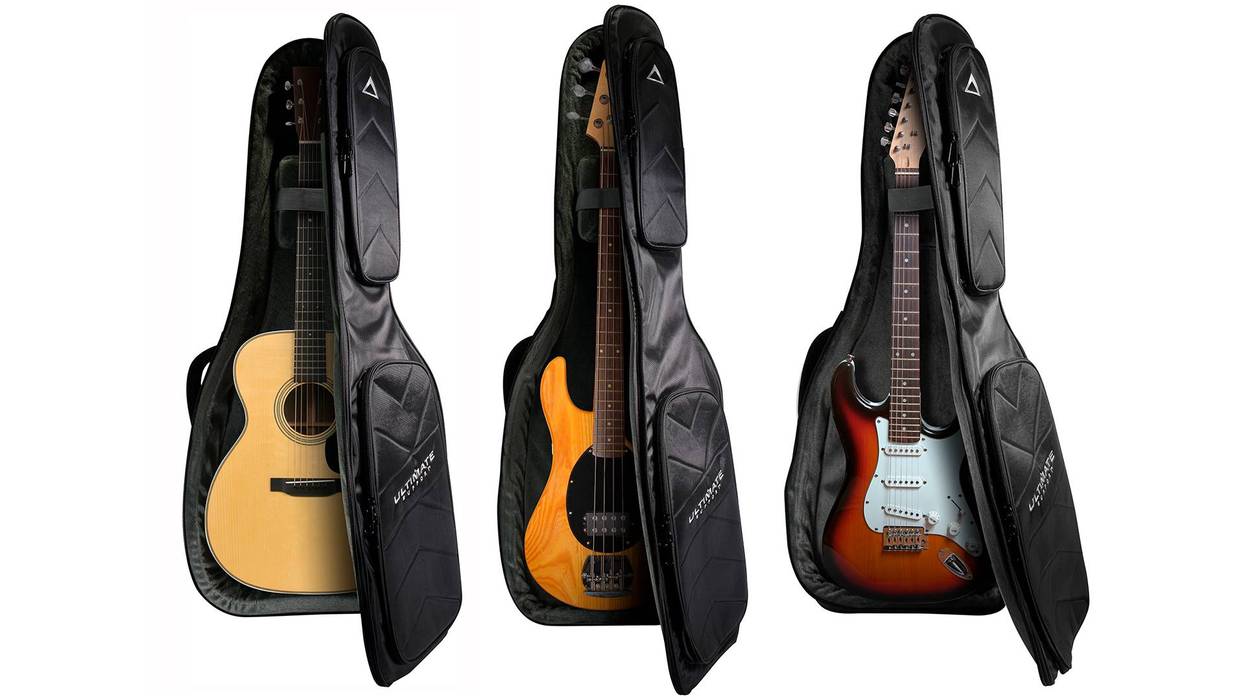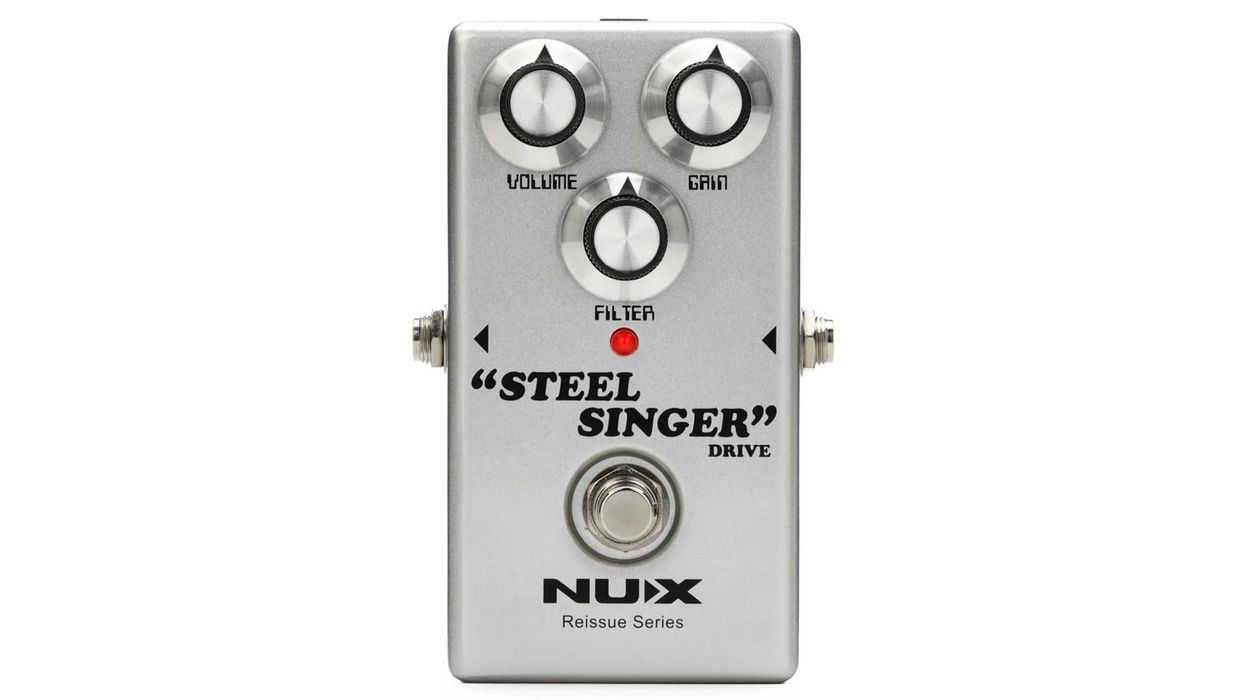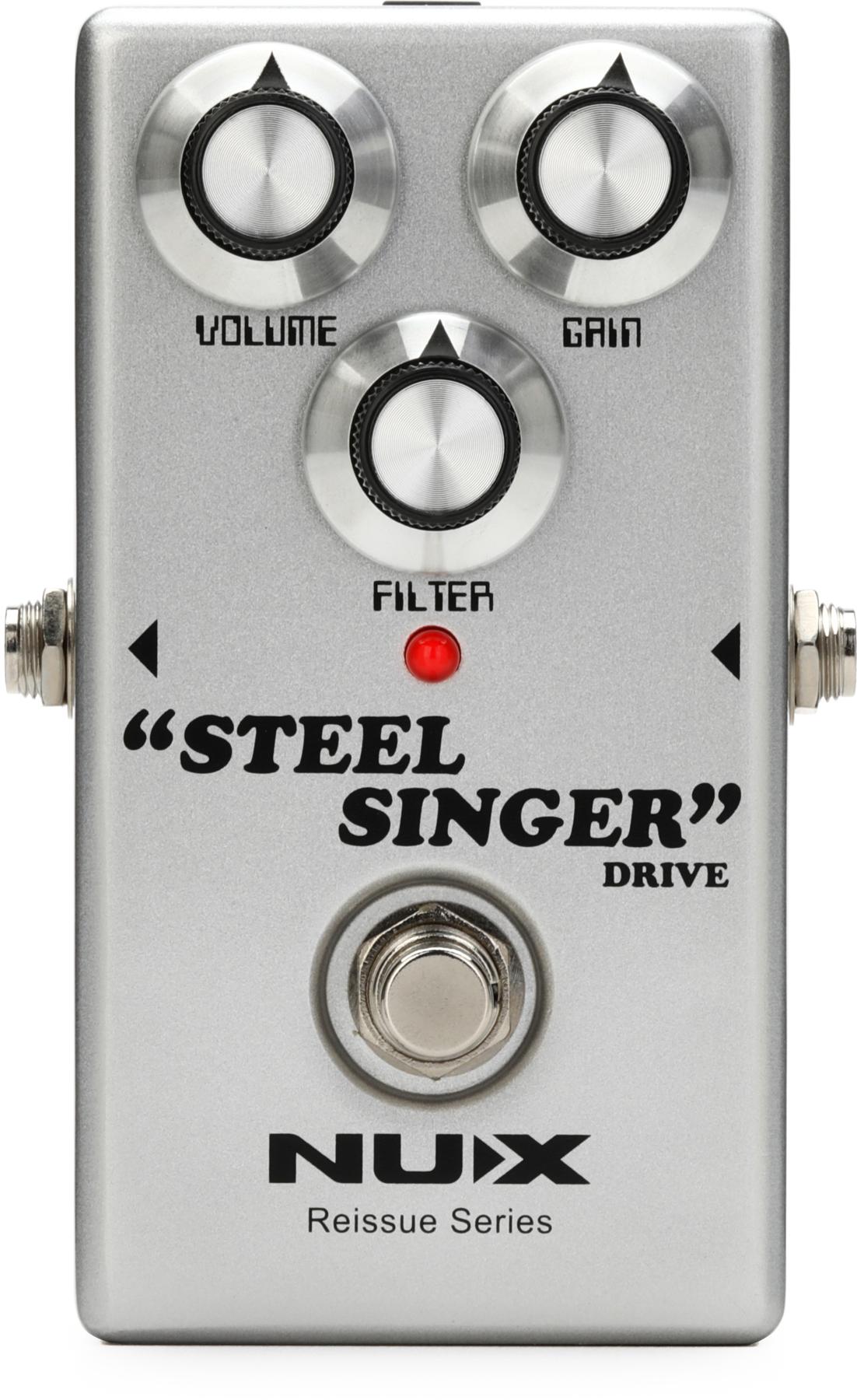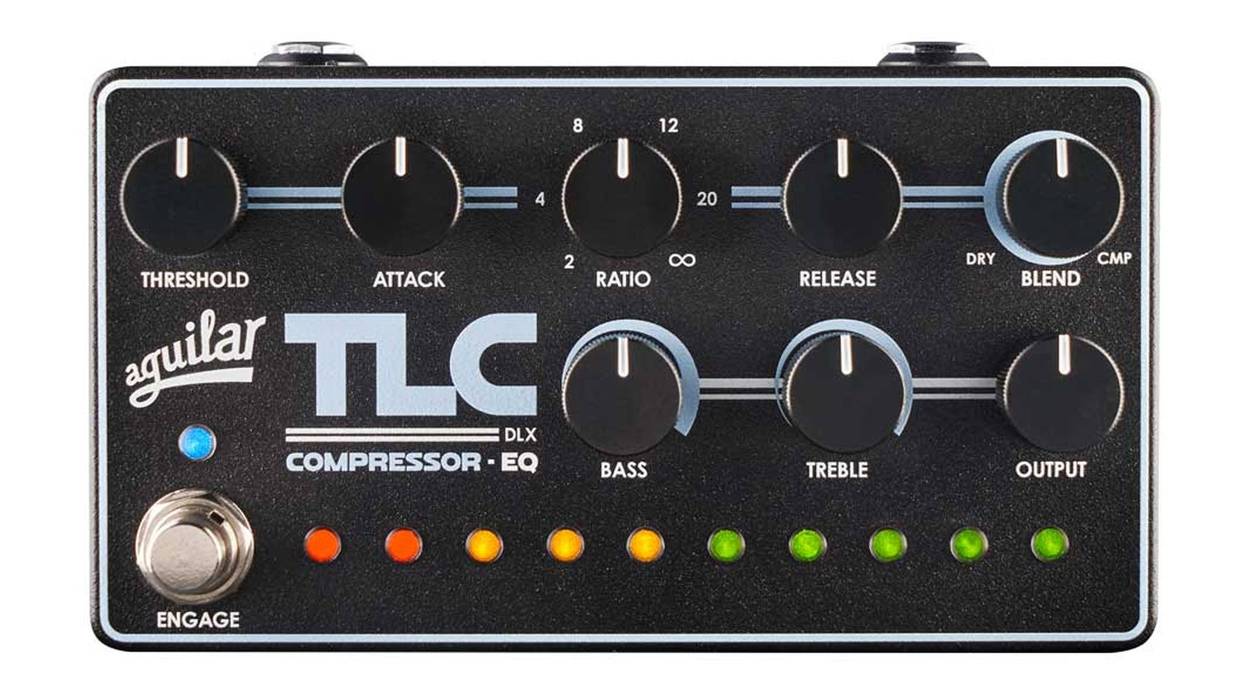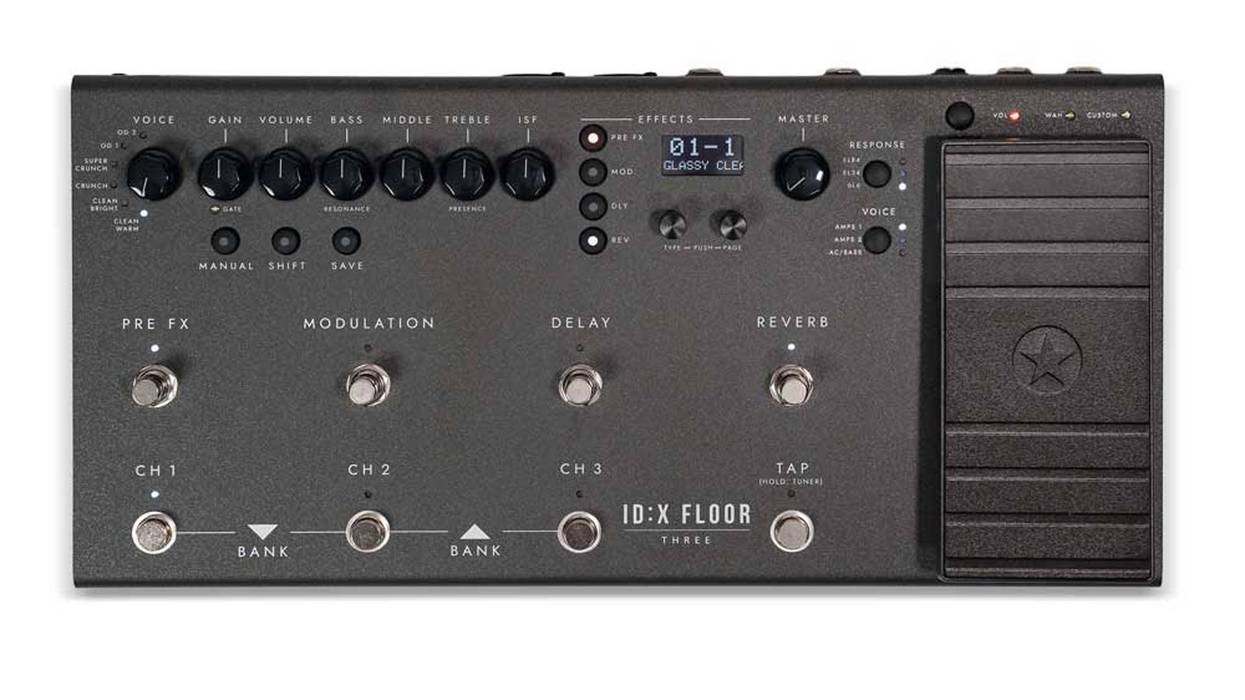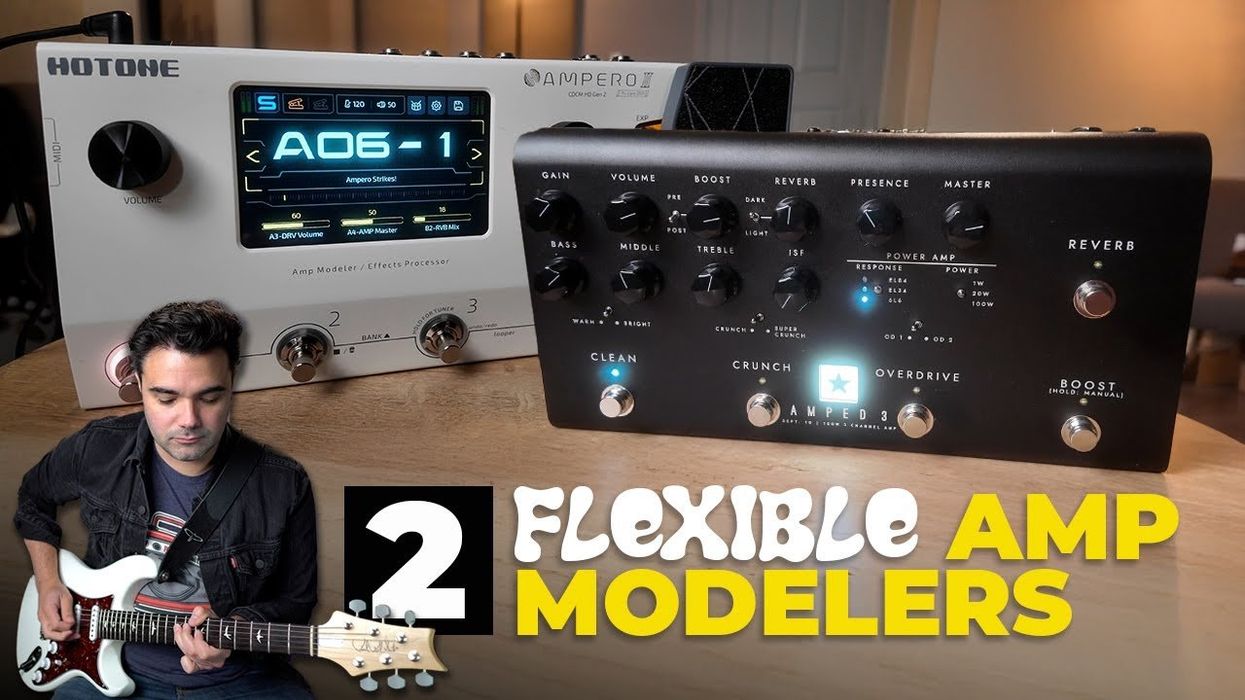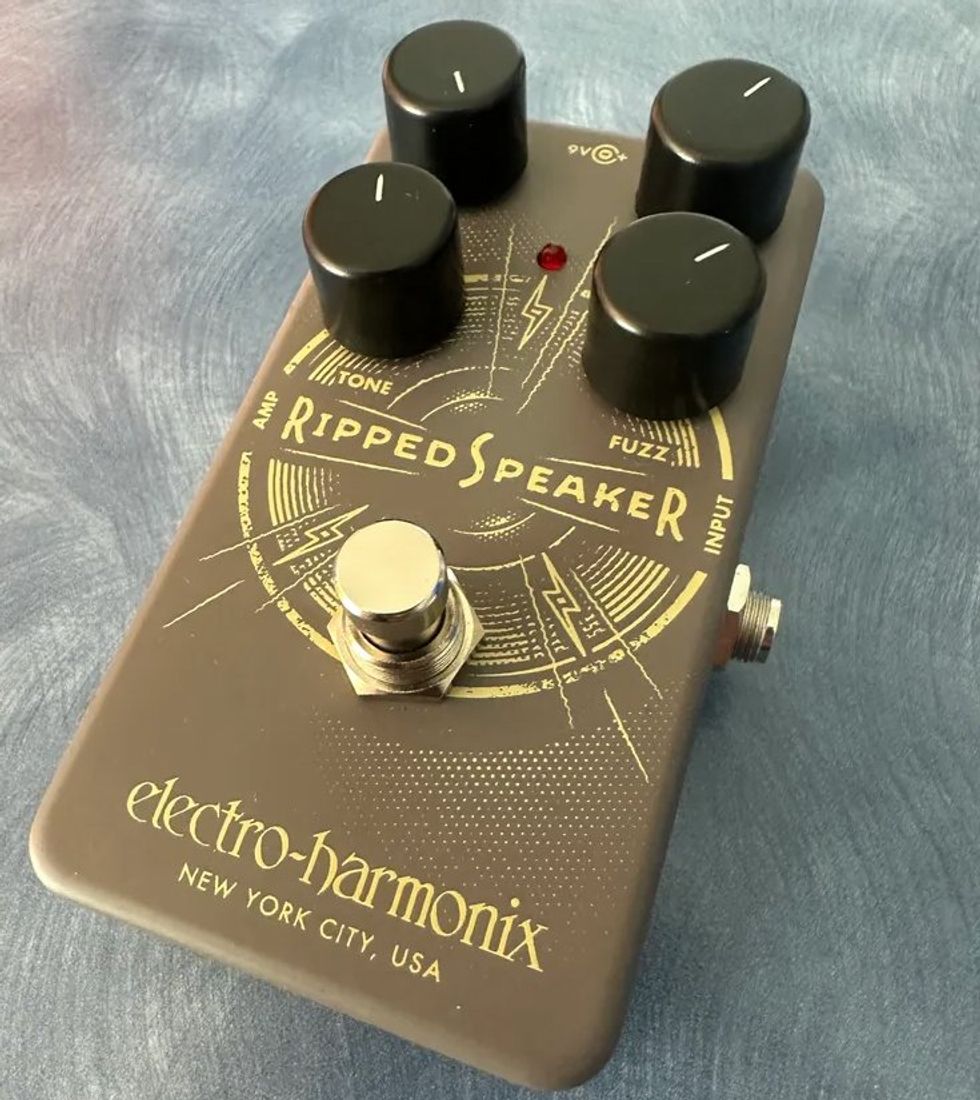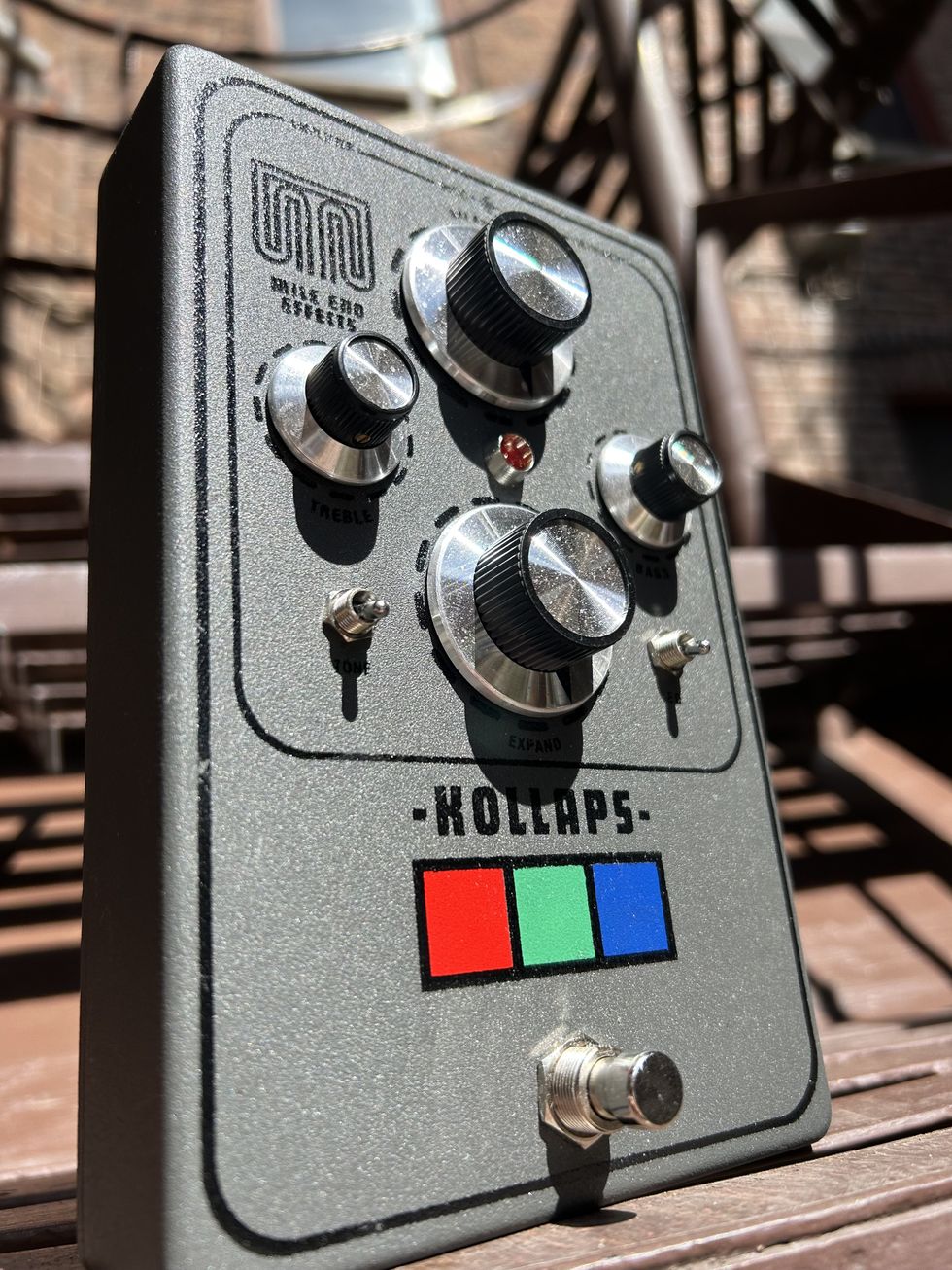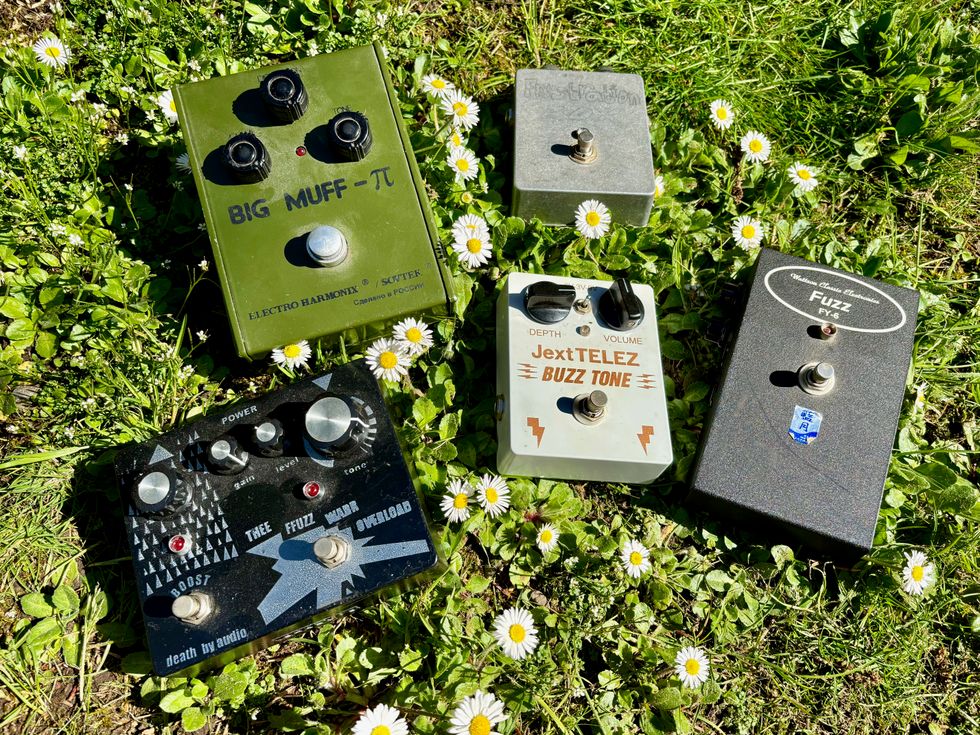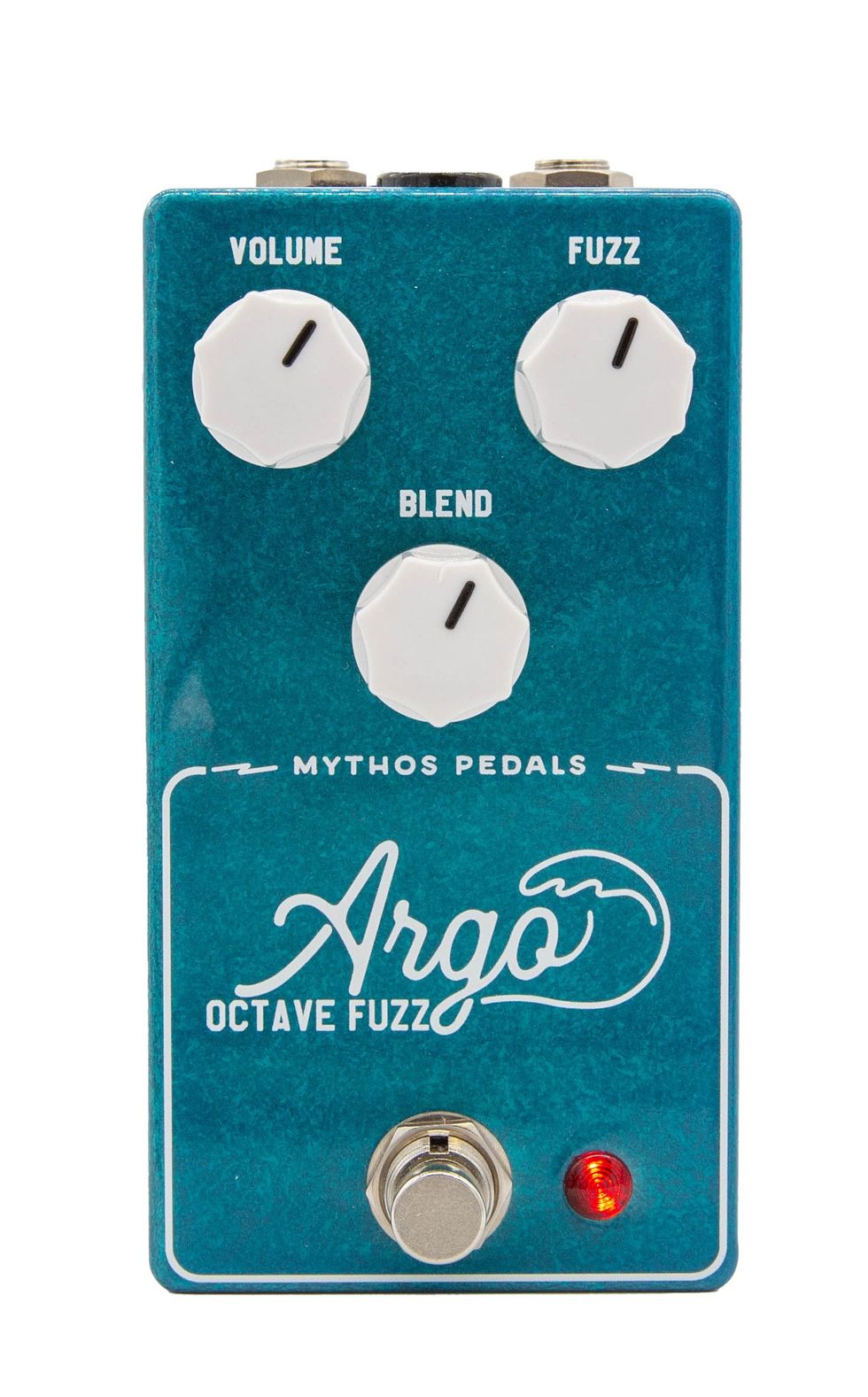Culver City, CA (April 17, 2015) -- Expanding the company’s product offerings into the retail area, Experimental Noize has released the SpinCycle rotary speaker effects pedal for the guitar and keyboard market.
Designed to allow players total control of the sound, the SpinCycle features separate emulation of the rotor and drum, cabinet emulation, tube emulation and selectable analog signal boost. A feature not seen on other pedals is the “Drum:Rotor Ratio” control, in a rotary speaker cabinet the drum and rotor are driven by separate motors and the drum typically spins slower than the rotor at a ratio of about 1 drum revolution to 1.4 rotor revolutions. Since there is no speed control between the two motors the actual ratio will be different for each rotary speaker cabinet giving it its own sound. This control allows the user to adjust the ratio to get the specific sound they are looking for.
Features:
- 8 real time controls for Slow Speed, Fast Speed, Acceleration, Drum:Rotor Ratio, Tube Emulation, Cabinet Emulation, Mic Distance and Rotor/Drum Balance.
- Selectable analog signal boost.
- Analog Devices Blackfin DSP with two MACs and two ALUs
- Hand programmed in assembly language to control features to the last bit.
- Custom metal enclosure
- Uses standard effects pedal 9V DC power supply (Included)
The SpinCycle has an MSRP of $449.99
For more information:
Experimental Noize



